Table of Contents
There’s something about the calendar that can betray us. You’ll be going about your day, maybe even feeling steady in your healing, when suddenly—bam—it’s the day you met them, or the breakup anniversary, or their birthday. A date you thought was just a square on paper turns into a portal, pulling you back into longing, grief, or even the desperate itch to reach out. It can feel like relapse, like failure. But it’s not. It’s your brain doing what human brains do: tethering time to memory.
Anniversaries aren’t proof that you’re broken. They’re proof that you’re human. And the way through them isn’t willpower alone—it’s preparation, compassion, and strategy.
Why a breakup anniversary hits like a crash
When a breakup sears itself into your life, your mind stamps the date as significant. That means when the day rolls around again, the body and memory re-awaken together.
Scientists call this the “anniversary effect”—emotions rise not because you’ve regressed, but because time itself has triggered recall. If you’ve been ruminating or if your attachment wounds are tender, the pull can feel even sharper. You may crave contact, replay old conversations, or suddenly feel like you’ve undone months of healing.
The truth: this reaction is predictable, not permanent. It doesn’t mean you’re back at square one. It means your brain is remembering, and you have the chance to respond differently this time.
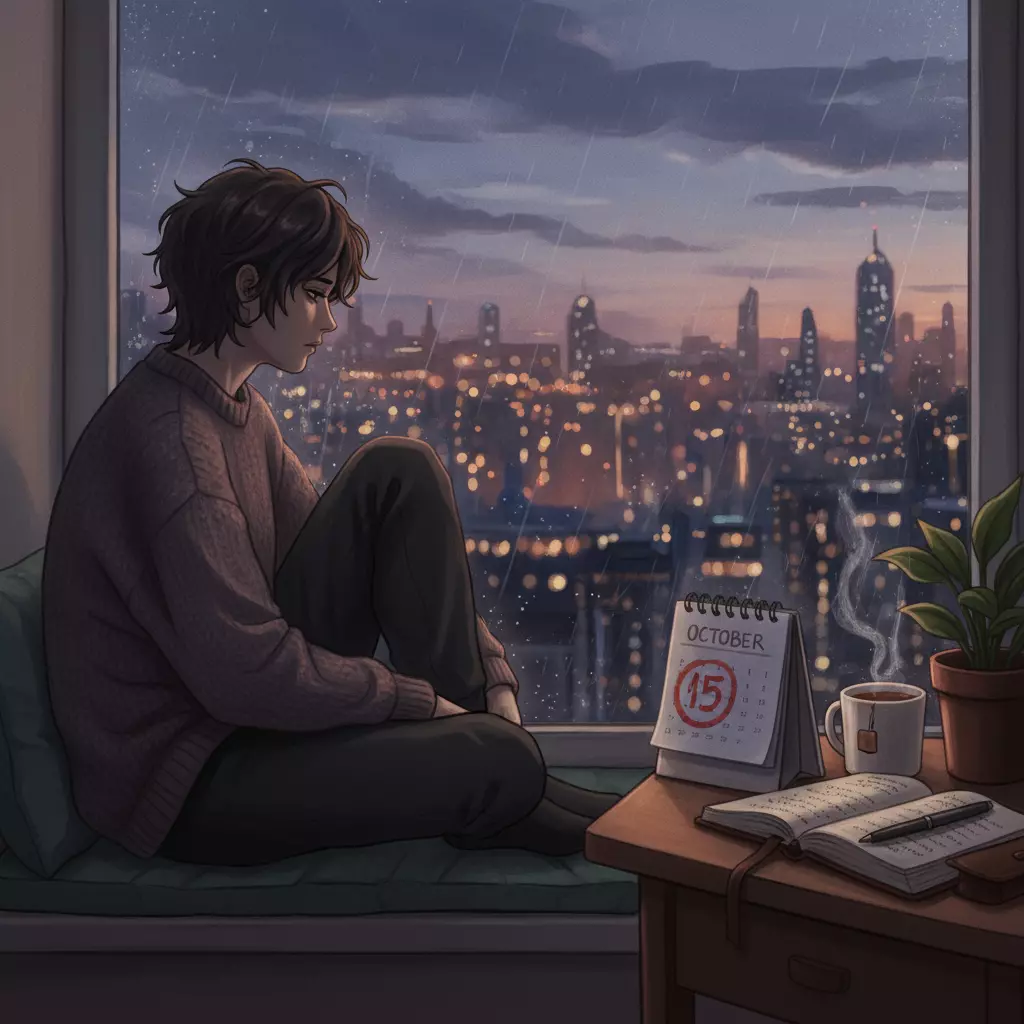
The silent pull of rumination and attachment
Not everyone crashes equally hard on key dates. What makes some of us spiral is less the date itself and more how our minds respond to it.
- Rumination — endlessly circling the same memories keeps the wound fresh.
- Anxious attachment — makes the silence feel unbearable, amplifying the urge to text, scroll their socials, or “just check in.”
Without coping strategies, these patterns make anniversaries fertile ground for relapse.
The invitation here isn’t to shame yourself for those cravings, but to see them as echoes of attachment doing its job: reminding you that you once belonged.
The task is to hold that reminder without letting it pull you back into contact that reopens the wound.
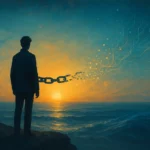
No Contact Isn’t a Game – It’s a Healing Strategy
Let’s examine the No Contact strategy in: Science & Psychology, Planning it, Digital Hygiene, Relapses-Cravings & Crashes, Special Cases & Exceptions… and Signs that it’s working +What comes next.
Tap here to read more →A breakup anniversary playbook: before, during, after
The most powerful way to move through anniversaries isn’t to ignore them—it’s to prepare for them like a storm you know is coming. Think of it as a before-during-after playbook.
Before
- Anticipate. Mark the dates you know might sting.
- Create a plan—book time with friends, set up a self-care ritual.
- Leave yourself a no-contact note to read if cravings hit.
Planning gives you agency instead of letting the date ambush you.
During
- Anchor yourself with activity: exercise, journaling, cooking, walking somewhere new.
- Try rituals of closure: write a letter you don’t send, light a candle for release.
These actions interrupt rumination and give your body something grounding to hold onto.
After
Reframe the day. Instead of marking it as proof of pain, let it become proof of endurance: “I made it through another one.”
Notice what helped and what hurt. Remember: resilience grows not from perfection but from returning to yourself each time you wobble.

Anniversaries will always carry echoes of what was lost. But over time, the echoes soften. They stop being landmines and start being reminders of how far you’ve come.
Healing isn’t about erasing the dates from memory—it’s about building a life so full that those dates become part of your story, not the center of it.
And when the next breakup anniversary comes, you’ll be ready—not to erase the pain, but to meet it with steadier hands.
FAQ
Q1. Why do breakup anniversaries feel so painful?
Breakup anniversaries often trigger the ‘anniversary effect,’ where memory and emotion resurface together. The brain ties significant dates to powerful feelings, making you relive the loss even if you’ve been healing well.
Q2. How can I stop myself from relapsing on a breakup anniversary?
The best approach is preparation. Plan your day in advance with supportive activities, distractions, and rituals of closure. By interrupting rumination and setting a clear no-contact boundary, you reduce the risk of relapse.
Q3. Is it normal to crave contact with my ex on key dates?
Yes. Cravings and longing on anniversaries are normal and linked to attachment needs. The key is to acknowledge them without acting on them, and instead use coping tools that ground you in the present.
Q4. What is the best breakup anniversary survival strategy?
A before-during-after playbook works best. Before: anticipate and plan. During: keep busy with healthy distractions. After: reframe the day as evidence of your resilience. Over time, these anniversaries lose their sting and become reminders of growth.
Scientific Sources
-
S. Mancone et al. (2025): Emotional and cognitive responses to romantic breakups in emerging adults: the roles of rumination and coping strategies
Key Finding: Higher rumination and less adaptive coping were associated with greater distress, sharper emotional responses to reminders, and slower adjustment.
Why Relevant: Anniversary and key dates act as reminders that can trigger relapse; this study shows how rumination and poor coping amplify distress during such moments.
https://pmc.ncbi.nlm.nih.gov/articles/PMC11985774/ -
Kristin Gehl, Audrey Brassard, et al. (2024): Attachment and Breakup Distress: The Mediating Role of Coping Strategies
Key Finding: Attachment insecurities predicted greater breakup distress, mediated by maladaptive coping strategies such as self-punishment and reduced adaptive coping.
Why Relevant: On anniversaries, attachment insecurities can resurface and drive cravings for contact. Coping strategies can prevent emotional relapse.
https://journals.sagepub.com/doi/full/10.1177/21676968231209232 -
Aliza Rosen et al. (2024): The Anniversary Effect of Traumatic Experiences
Key Finding: Traumatic events often provoke anniversary reactions — heightened distress, sadness, or anxiety triggered by time-linked reminders.
Why Relevant: Breakups can be experienced as traumatic, and anniversaries of relationship events act as triggers for cravings and emotional crashes.
https://publichealth.jhu.edu/2024/the-anniversary-effect-of-traumatic-experiences
- Proven Healing: How an Accountability Buddy Transforms Breakup Recovery with Weekly Check-ins
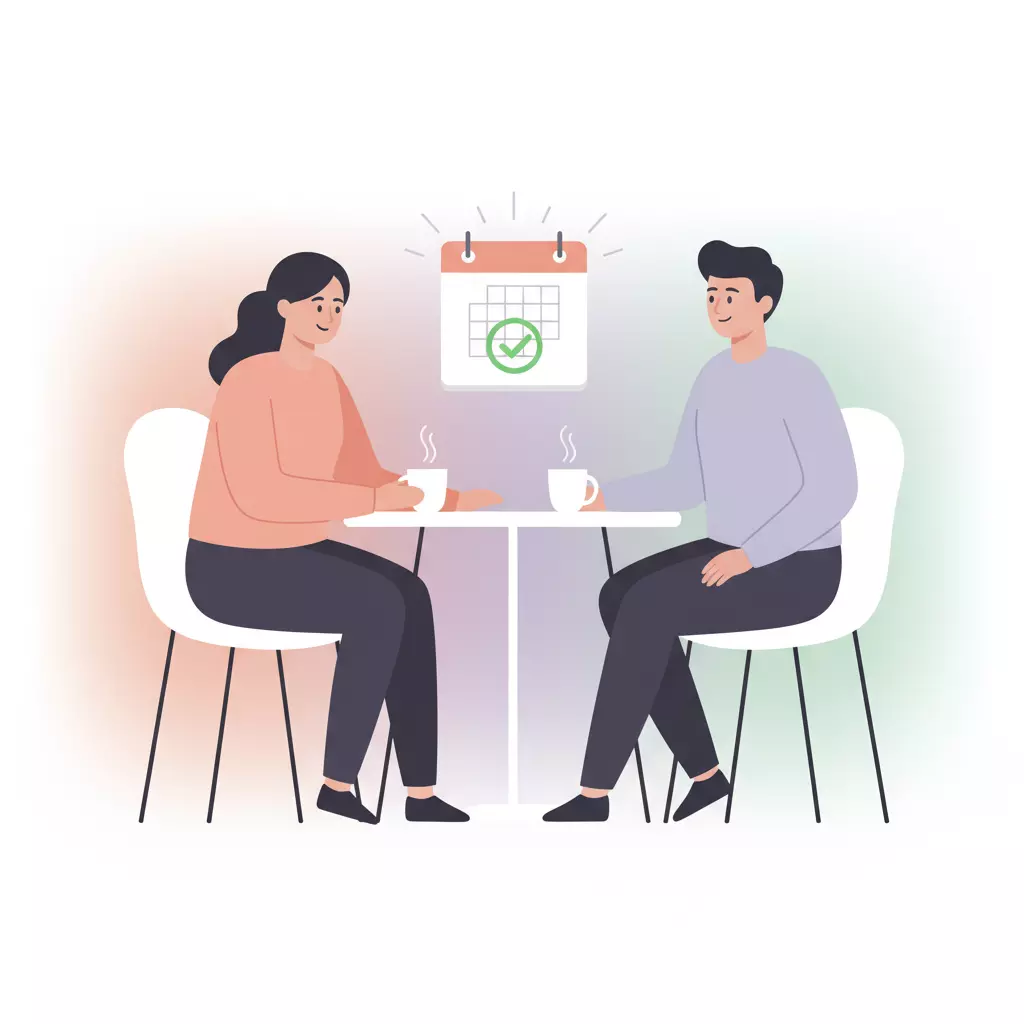
- Breakup Anniversary Survival Guide: Heal, Prevent Relapse & Move Forward
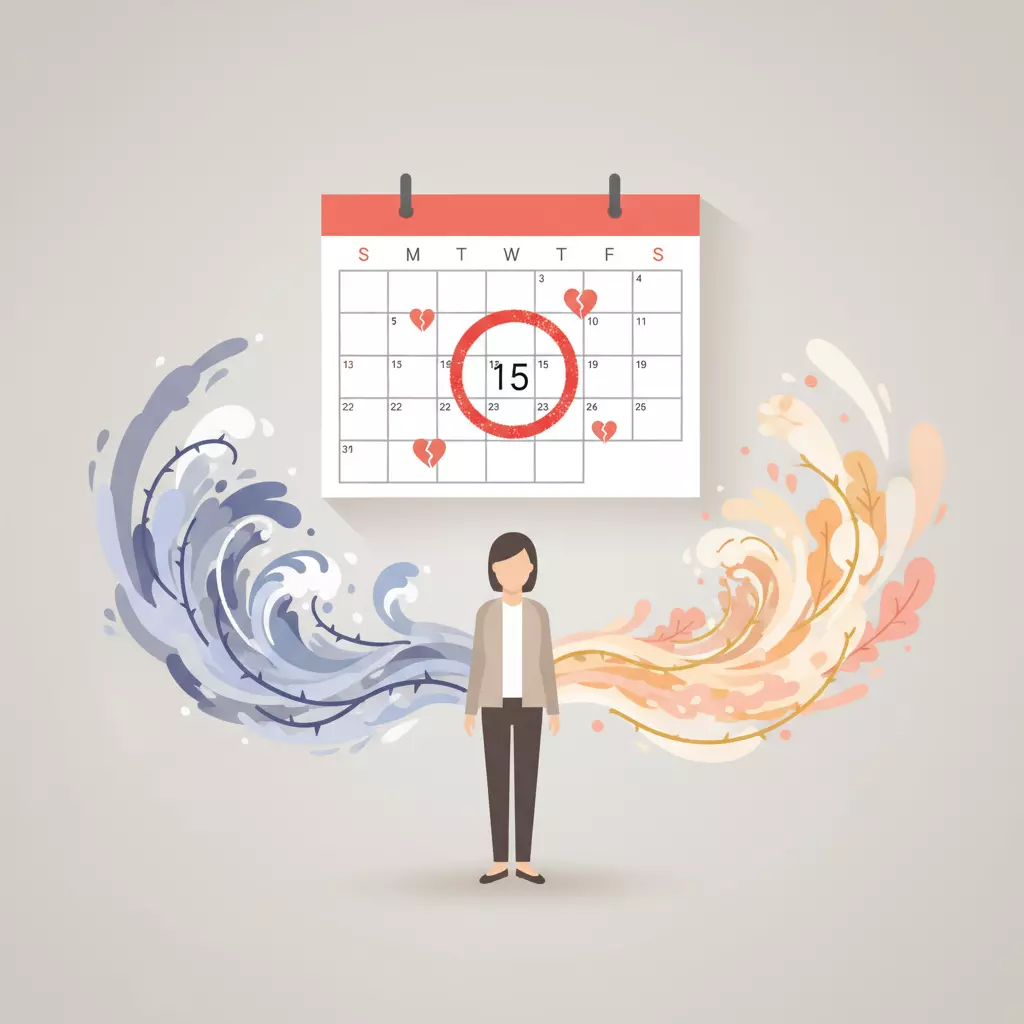
- Slip-Up Repair Plan: How to Recover After No Contact Relapse Without Shame

- Queer Breakup Relapse Recovery: Protect Your Nervous System & Keep Your Streak Strong
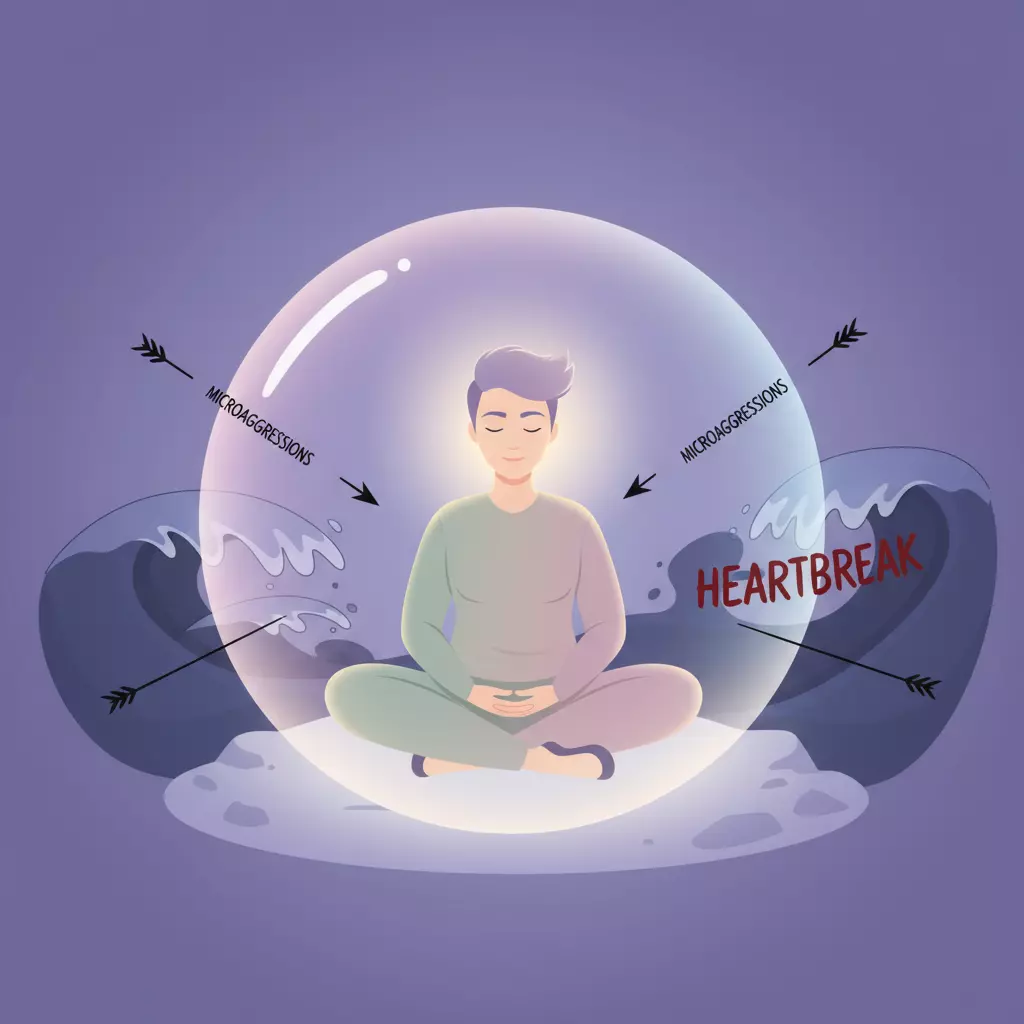
- Transgender Grounding Techniques: Powerful Ways to Ease Dysphoria & Healthcare Stress

- Chosen Family Support for Lesbian Women: Powerful Healing Without Looping the Story

- Gay Men Jealousy Reset: Fast Ways to Calm Spikes After Seeing Your Ex
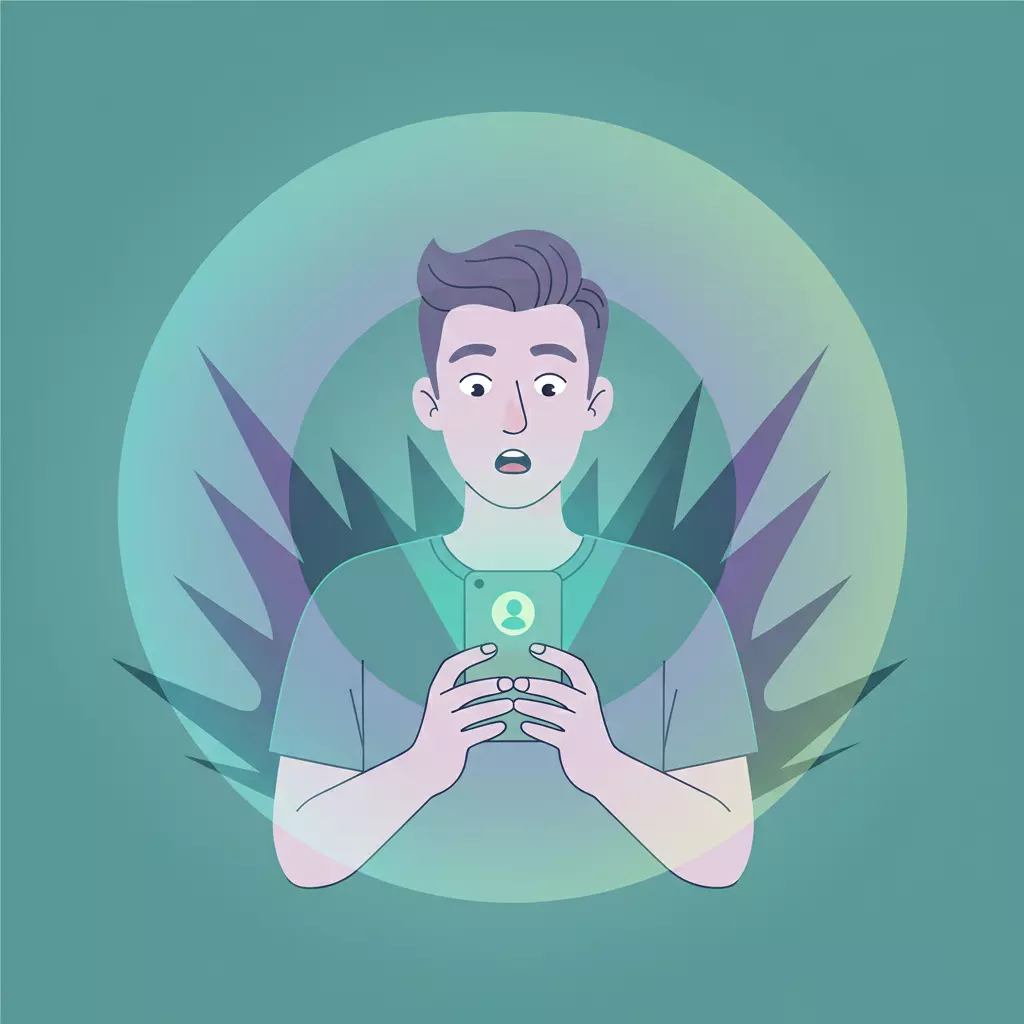
- Women & Nighttime Rumination: 5 Powerful Steps to Heal and Sleep Better

- Men & the Delayed Grief Spike: A Powerful 60-Minute Healing Protocol

Leave a Reply